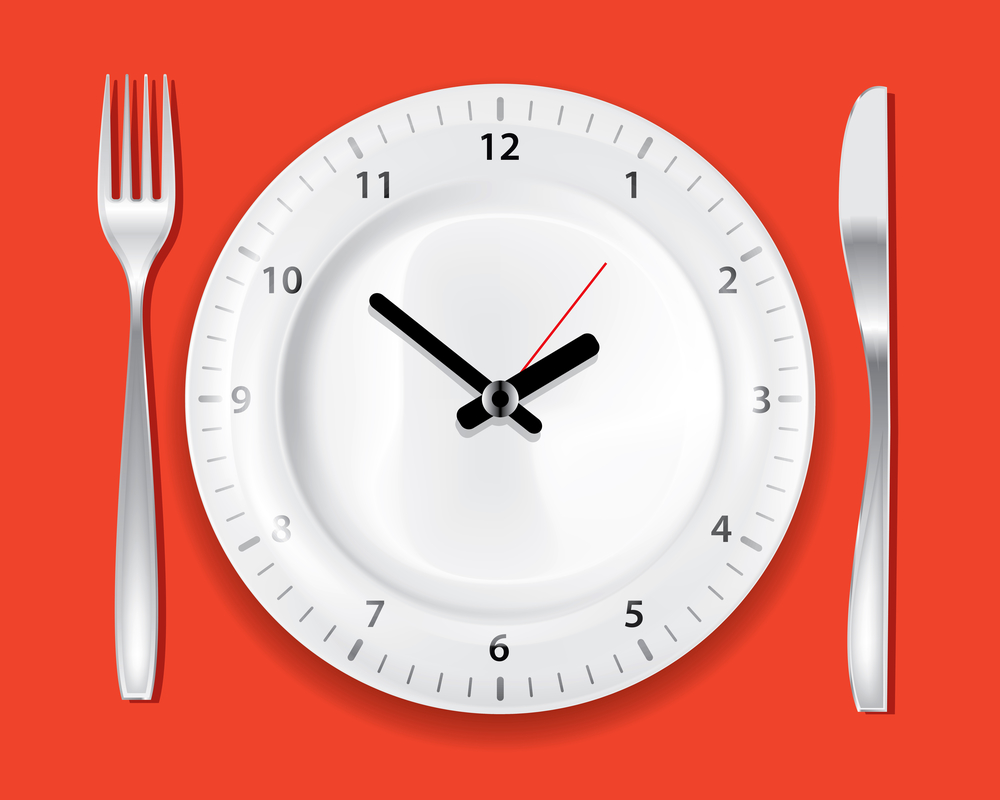Most of us struggle with our weight, energy levels and overall sense of well-being at some point in our lives. When your weight ticks up, you commit to another diet—or start counting your calories and exercising a little more. That may help you shed a few pounds temporarily, but as your eating habits normalize the pounds come back. Your body—and your gut—are telling you something. You need to focus on your gut health.
Gut Health
Gut health is a buzz word you’re hearing more and more these days, but understanding how it really affects you is key. The gut microbiome is the community of microorganisms living in your intestines and digestive tract. This community impacts everything going on in your body including your mental health, overall inflammation, and weight management.
A healthy gut leads to a healthy immune system. Having a diversity of good gut bacteria boosts your body’s ability to heal itself and fend off bad bacteria and viruses. When you eat a diverse menu of foods, it feeds your microbiome and keeps your gut healthy. If you eat a lot of processed foods and sugar, it starves many of your good bacteria, and your whole body suffers.
How Intermittent Fasting Can Heal Your Gut
Even if you eat a well-balanced, healthy diet, you can boost your overall health even more. Intermittent fasting helps your gut microbiome flourish. In the way, sleep is important because your body rests and your brain works to organize and digest the day, intermittent fasting does the same for your gut.
You gut works hard every time you eat something. Fasting gives it a necessary break and allows your system to reboot. Feeling tired, sluggish, swollen and hungry all the time are sure signs you may need to give your system a much-needed break.
What Is Fasting?
We’re not talking about fasting you sometimes see in a protest—in fact; intermittent fasting can be a simple as an early dinner, closing down the kitchen and postponing breakfast the next day. Giving yourself a window of only 10 hours during the day in which to eat is exponentially better than eating first thing and snacking right before bed.
When your body isn’t exposed to a constant influx of food, it metabolizes what you eat more efficiently, leading to weight loss and less overall inflammation. This helps your body follow a more natural internal clock cycle or circadian rhythm of digestion.
Fasting and Your Future
Intermittent fasting and the positive impact it has on your gut health will improve your metabolism and immunity functions—both of which decline as you age. By improving those functions, you can increase your quality of life, overall sense of well-being, and longevity.
Next Steps
Getting the most out of life while looking and feeling great is not too much to ask. You’ll want to talk to a professional so you can get the very best advice for your body and gut. Talk to a specialist at Thin MD Med Spa for a highly personalized plan to get yourself on the path to a long and healthy life. Your gut will thank you.

